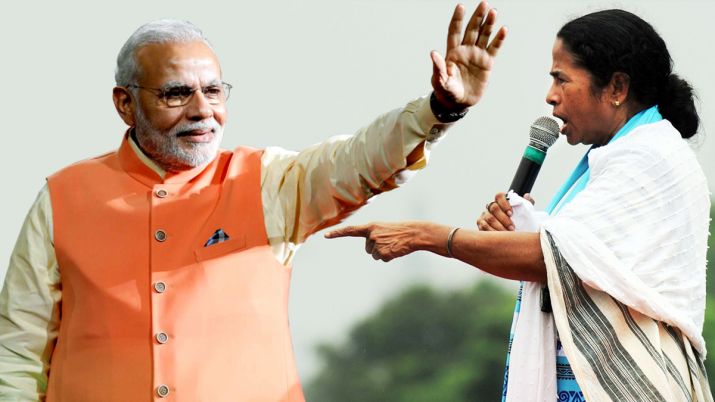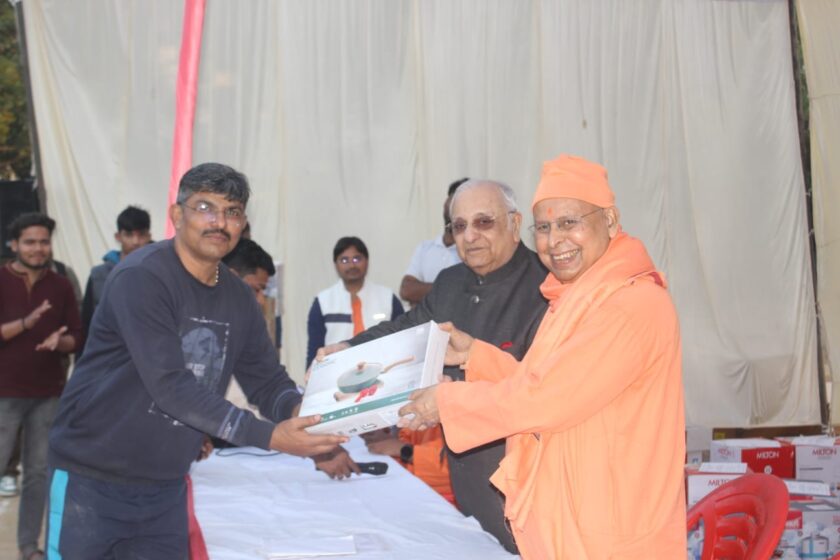New Delhi– The Supreme Court on Monday delivered a significant ruling on the contentious Waqf (Amendment) Act, 2025, declining to stay the law in its entirety but imposing interim restrictions on some controversial provisions. The legislation, which has sparked nationwide debate and political uproar, faced more than 100 petitions challenging its constitutional validity.
Five-Year Muslim Identity Clause Suspended
A bench headed by Chief Justice B.R. Gavai and Justice Augustine George Masih ordered a halt on the enforcement of Section 3(R) of the Act. This provision required a person to be a Muslim for at least five years before dedicating property as waqf.
The bench observed that such a clause, without clear safeguards, would allow arbitrary use of authority and give collectors the power to adjudicate on an individual’s religious identity—“a violation of the principle of separation of powers.” Until the Union government frames transparent rules, the provision will remain inoperative.
Restrictions on Non-Muslim Membership in Waqf Boards
The apex court also set limits on the inclusion of non-Muslims in waqf boards. As per the interim order:
-
State Waqf Boards can have a maximum of three non-Muslim members.
-
The Central Waqf Board cannot exceed four non-Muslim members.

The court noted that while inclusivity is important, unrestricted appointments could dilute the boards’ purpose and invite conflicts.
Centre Defends Law
Defending the Act, Solicitor General Tushar Mehta argued that parliament’s legislative authority cannot be undermined without substantial grounds. He highlighted concerns of misuse of waqf properties, rampant encroachments, and commercial exploitation, stressing that the amendments were meant to curb these practices.
Rijiju Welcomes Verdict
Union Minority Affairs Minister Kiren Rijiju welcomed the ruling, calling it “a positive signal for democracy and parliamentary tradition.” He asserted that the law would ultimately benefit the Muslim community by ensuring transparency and directing resources towards women, children, and economically weaker groups. “The misuse of waqf assets will now be checked, and the proceeds will be channelled for genuine welfare,” Rijiju said.
The matter will next be heard after the Centre submits its compliance framework, while the interim restrictions remain in force.









